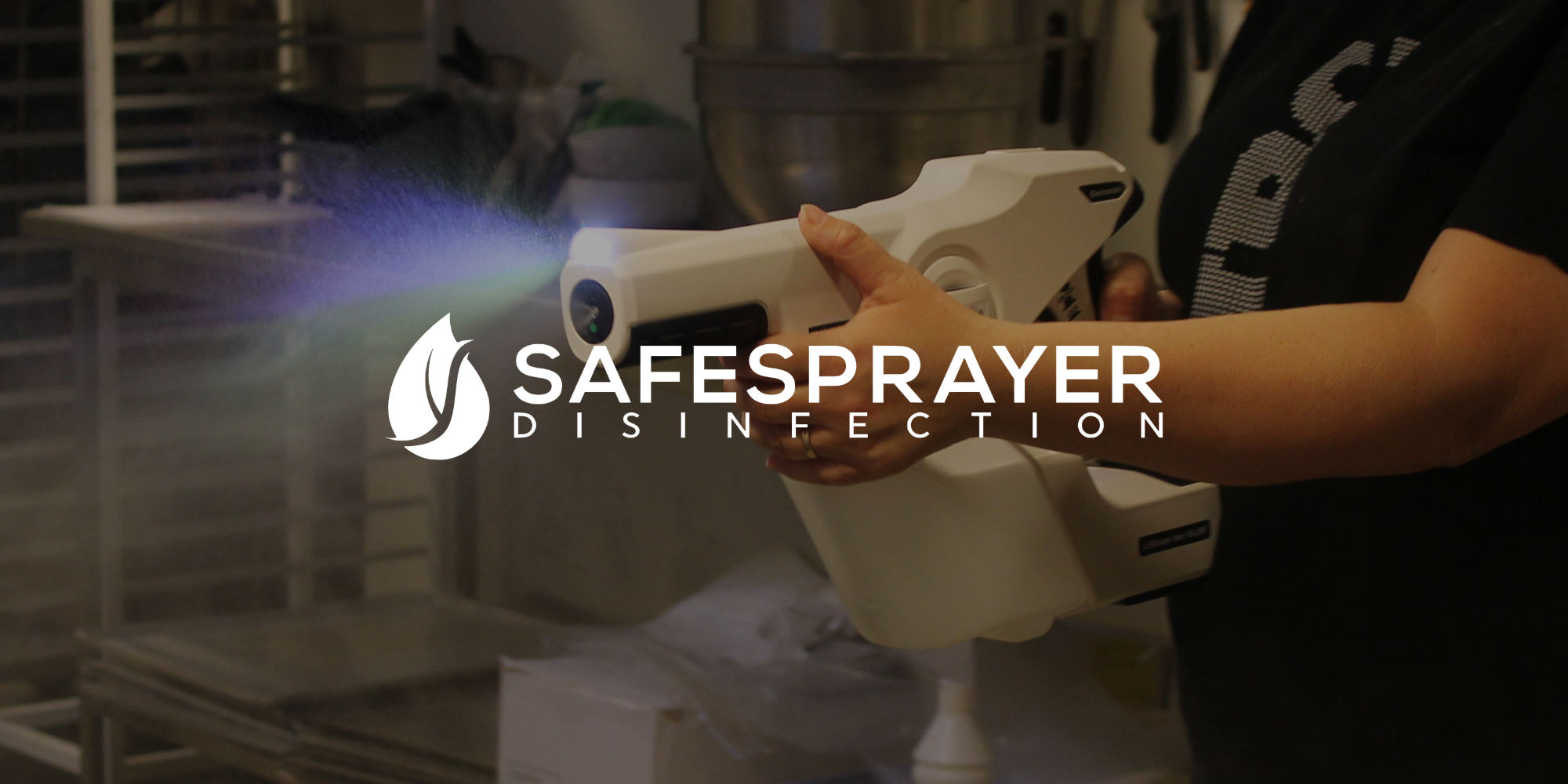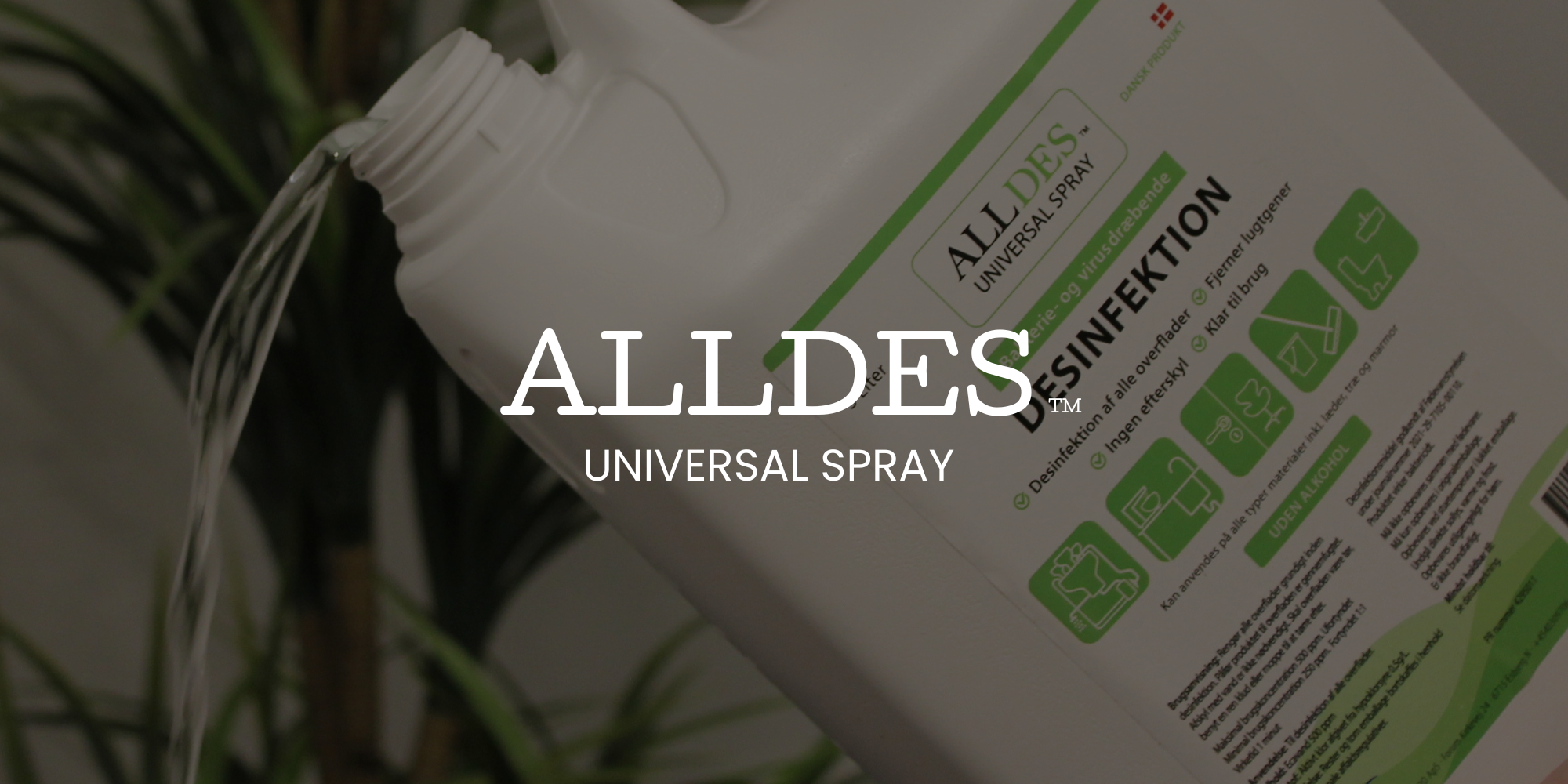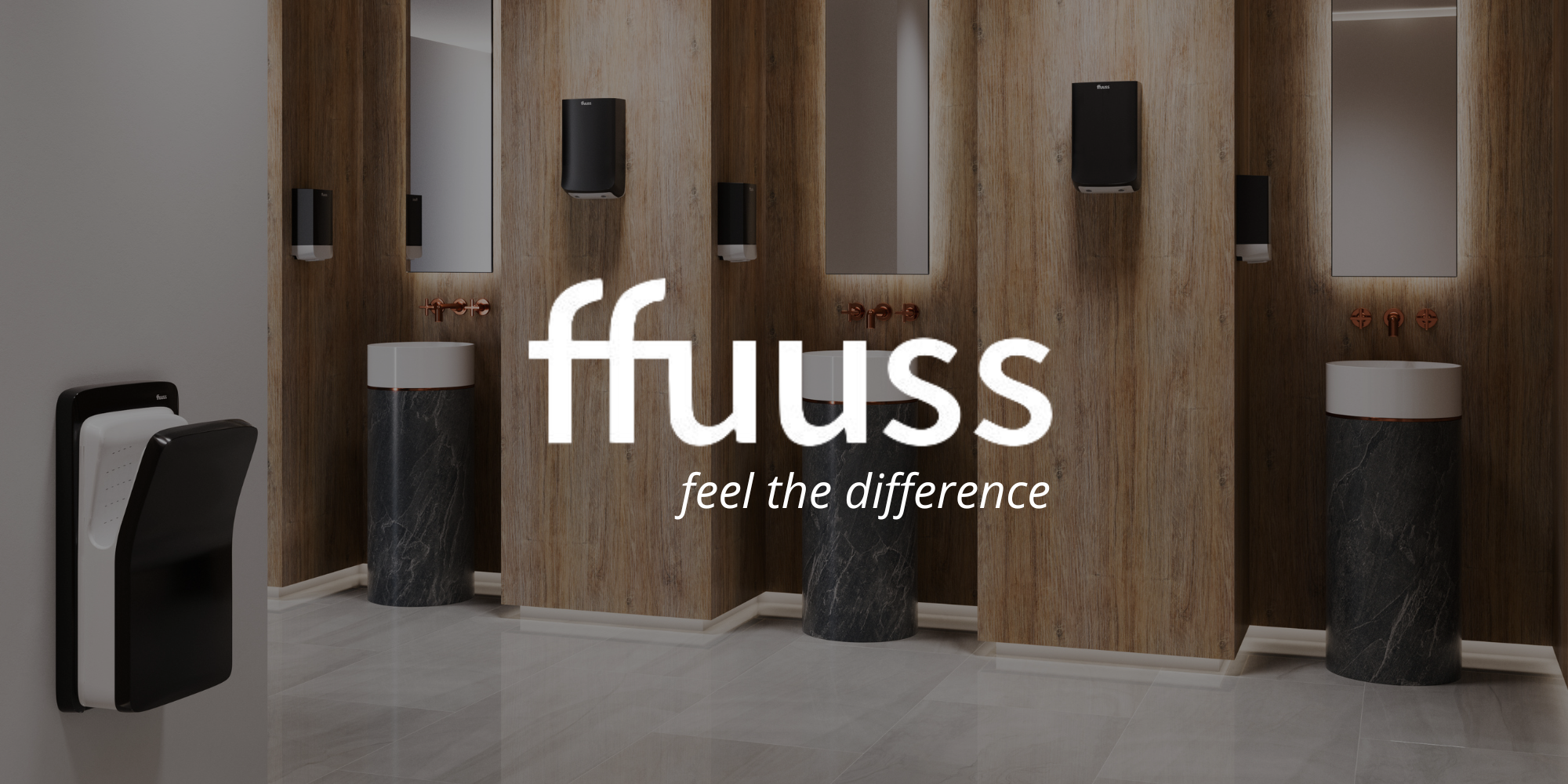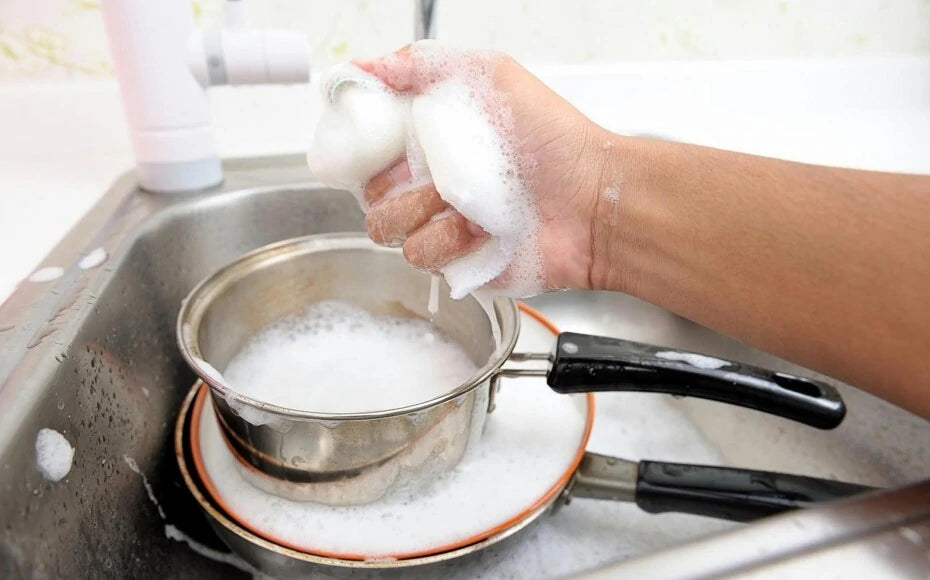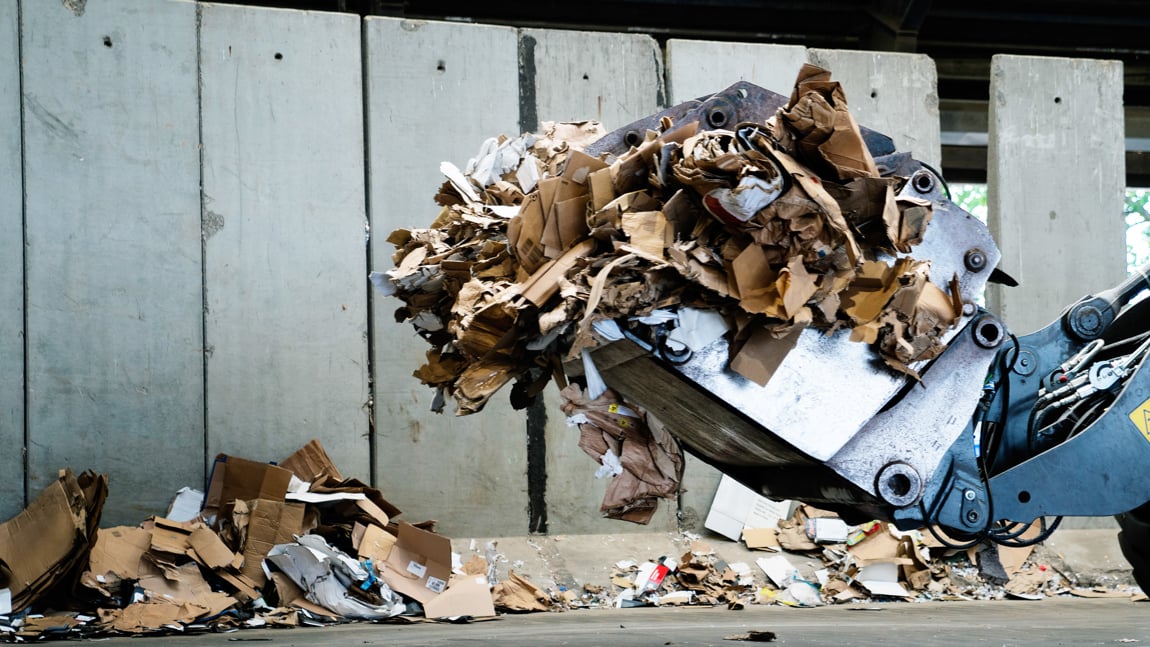Hygiene is essential in all aspects of our lives, including at work. In office environments where many people share space and equipment, good hygiene is not only a good practice but also a necessity. A clean and healthy workplace not only promotes employee health, but also productivity and well-being. This blog post explores the importance of office hygiene and provides practical tips for achieving and maintaining it.
Why is good hygiene important in the workplace?
- Disease prevention: Bacteria and viruses can spread quickly in the office and cause illnesses such as colds, flu and stomach infections. Good hygiene can help reduce the risk of infection.
- Employee health: A clean workplace promotes employee health and well-being. This leads to fewer sick days and increased productivity.
- The quality of the working environment: A healthy working environment can help reduce allergies and respiratory diseases, making it more pleasant and productive for everyone.
- Image and reputation: A clean and well-maintained office sends a positive signal to visitors, customers and business partners about the company's professionalism and commitment to employee well-being.
How do you achieve good hygiene in the workplace?
- Regular cleaning: Implement a fixed cleaning routine that includes daily cleaning of surfaces, vacuuming, and cleaning of common areas such as the kitchen and toilets.
- Hand hygiene: Encourage employees to wash hands regularly with soap and water for at least 20 seconds. A sustainable hand soap such as Soap2o can be advantageously used here. Place hand sanitizer dispensers around the office for extra protection against viruses and bacteria. A good and sustainable alternative to alcohol-based hand disinfection is hand disinfection without alcohol such as Sanify hand disinfection .
- Disinfection of surfaces: Clean and disinfect frequently touch points such as door handles, light switches, telephones and keyboards. Here, a disinfectant without alcohol such as ALLDES can be advantageously used to strengthen the green profile and avoid the dangerous chemistry.
- Office equipment: Sharing office equipment such as phones and computers can spread germs. Make sure to clean and disinfect the equipment regularly.
- Air quality: Ventilation is important to maintain good air quality. Air out the office daily and ensure that the ventilation system is maintained.
- Meal breaks: Encourage good hygiene during meal breaks. Clean and, if necessary, disinfect eating areas after use and store food safely to prevent bacterial growth.
- Personal hygiene: Encourage employees to pay attention to personal hygiene, including covering the mouth when coughing and sneezing.
Frequently Asked Questions (FAQ)
Why is hygiene important in the office when I already follow personal hygiene? Although personal hygiene is important, germs and viruses can spread through points of contact such as surfaces and shared equipment. Good hygiene in the office helps to reduce the risk of infection.
How can I encourage my colleagues to follow good hygiene habits? Educate your colleagues about the importance of hygiene and the positive effects on employee health and productivity. Share regular reminders about hand washing and cleaning measures.
Are there sustainable ways to maintain good hygiene in the office? Yes, you can choose sustainable cleaning and hygiene products such as Soap2o. Also reduce the use of single-use plastics and single-use products such as paper towels and disposable gloves.
How can I prevent the spread of germs in an open office environment? Placing hand sanitizer dispensers at the entrance and in strategic locations can encourage frequent hand hygiene. Also encourage cleaning of work areas and equipment after use.
Maintaining good hygiene in the office is an investment in employee health and well-being. By following simple cleaning routines and encouraging hygiene habits among employees, companies can create a healthier and more productive working environment.



